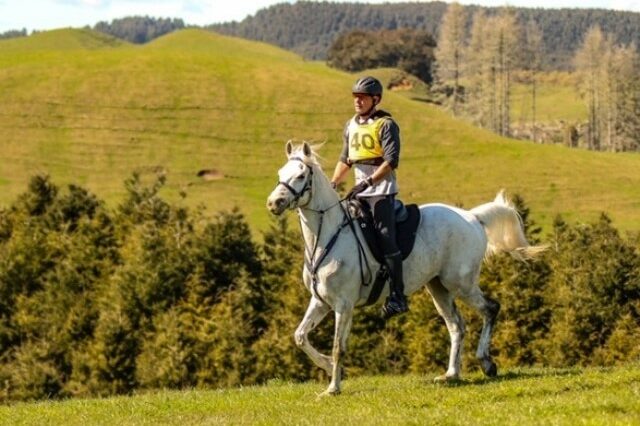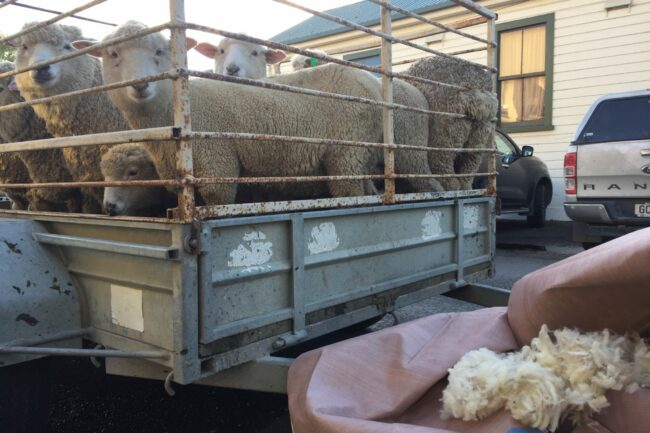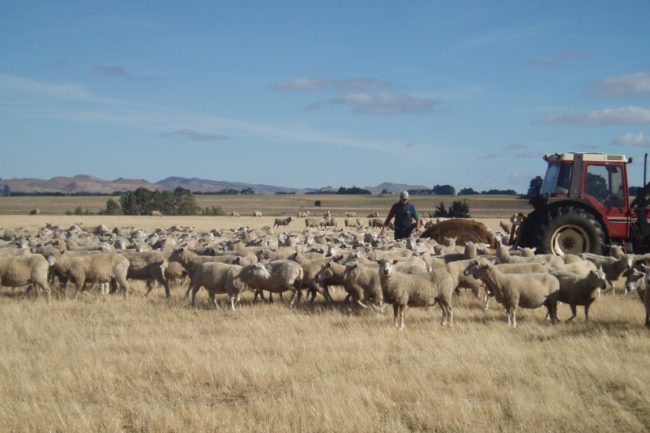Grass tetany in cattle (Grass Staggers)
We are hearing of lots of beef cows across Hawkes Bay dropping dead around calving this spring. That got your attention – and it is true!!! This spring is the perfect picture for cows getting grass staggers and we have confirmed this with bloods pre calving in many herds. Cold and wet season, short green…
Details













